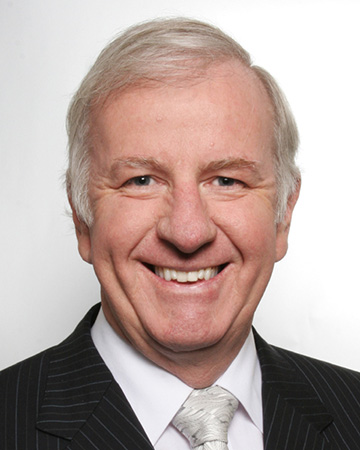$6million boost to telehealth services in country WA
People living in regional Western Australia will get better access to medical diagnosis and treatment in their own community, thanks to a $6million boost to country health technology.
Under the Clever Networks initiative, the State and Federal Governments have both contributed $3million to improve broadband connections and telehealth infrastructure in regional WA.
Health Minister Jim McGinty said the funding would be used to expand the telehealth network to an additional 19 health centres and improve services at 59 existing sites.
"This means more country people will be able to access specialist services without having to travel to Perth," he said.
"Patients, country GPs and hospital staff can use telehealth facilities to consult with specialists across the State and emergency services such as the Royal Flying Doctor Service can link with metropolitan emergency departments."
Federal Minister for Broadband, Communications and the Digital Economy, Senator Stephen Conroy, said the Clever Networks initiative aimed to provide essential broadband services to remote and regional communities.
"This project demonstrates the Federal Government's commitment to delivering innovative solutions to improve the quality of life for people living in rural and remote communities across the nation," Senator Conroy said.
"Telehealth facilities will help overcome the barrier of distance and significantly improve health services to the 450,000 people living in regional communities across Western Australia."
Mr McGinty said the upgrades would improve picture and sound quality, make the technology more user-friendly and allow patient information such as pathology results and radiology images to be shared more easily.
"The technology can be extended to the assessment and treatment of patients linked into Aboriginal Medical Services and patients on remand and in prison," the Minister said.
"Country health professionals will also be able to use the technology to network with colleagues and access training and education opportunities."
In the future, it is expected patients with chronic diseases and mental illness would be monitored and assessed by health staff via telehealth, without having to leave their home.
Local Geraldton resident and national squash champion Mark Ascoli said the telehealth service at Geraldton Hospital had enabled him to get specialist medical treatment without having to drive back and forward to Perth for consultations.
"I injured my right hand playing squash six weeks ago," Mr Ascoli said.
"The telehealth service has saved me about 40 hours travelling time, which would also have required a driver to take me to Perth, plus the additional expense of overnight accommodation.
"I have been really pleased with the advice and care I have received from Plastic Surgery Consultant Mr Ian Timms.
"I'm hoping to be back on the court again in eight weeks."
Work to provide the new services has already started and is expected to be completed by March 2010.
Minister's office - 9422 3000


